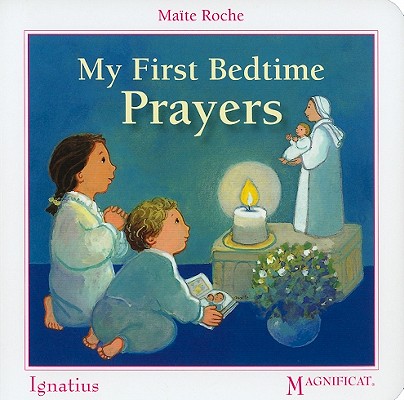
Rather than seeing science and religion as oppositional, in Origins: God, Evolution, and the Question of the Cosmos Philip Rolnick demonstrates the remarkable compatibility of contemporary science and traditional Christian theology.
Rolnick directly engages the challenges of evolutionary biology--its questions about design, natural selection, human uniqueness, and suffering, pain, and death. In doing so, he reveals how biological challenges can be turned to theological advantages, not by disputing scientific data and theory, but by inviting evolutionary biology into the Christian conversation about creation.
Rolnick then lets the vastly expanded time and macroscopic beauty of big bang cosmology cast new and benign light on both biology and theology. The discovery of a big bang beginning, fine-tuning, and a 3.45 billion year evolutionary process brings new ways to think about the creativity of creation. From the tiny to the tremendous, there is an intelligent generosity built into the features of the cosmos and its living creatures, a spectrum of interconnected phenomena that seems tinged with grace. By recognizing the gifts of creation that have been scientifically uncovered, Origins presents a new way to understand this universe of grace and reason.







